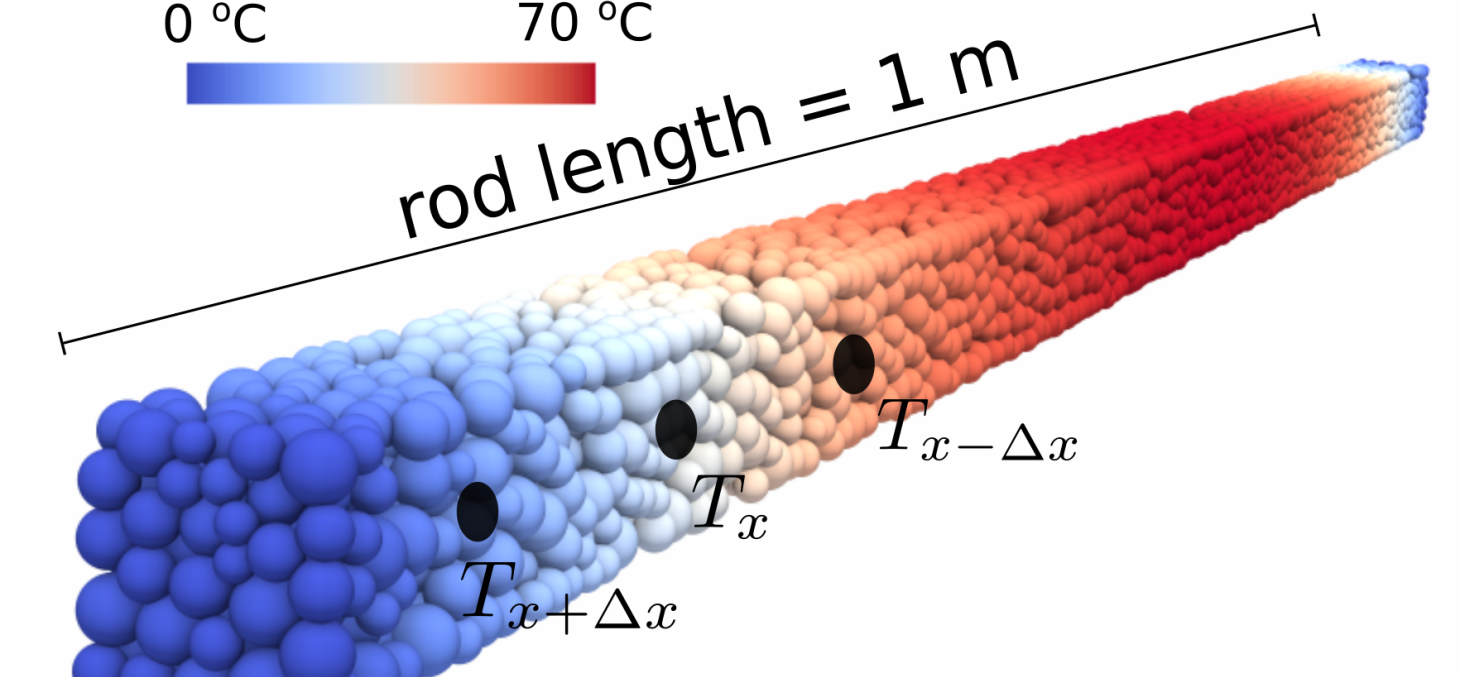- Imprimer
- Partager
- Partager sur Facebook
- Partager sur X
- Partager sur LinkedIn
Séminaire
Le 16 janvier 2020

A pore-scale Thermo-Hydro-Mechanical coupled model for particulate systems
Coupled Thermo-Hydro-Mechanical (THM) processes in particulate materials play an important role in a wide range of disciplines ranging from geomechanics to powder technologies. Despite an abundance of continuum based numerical approaches for simulating THM processes, the computational (and monetary) expense remains a prohibitive factor. During this presentation, a computationally efficient open-sourced discrete element based numerical method dedicated to the simulation of heat transfer and associated THM couplings in granular media is presented. Additionally, the numerical framework is validated analytically, numerically, and experimentally. The audience can expect to learn about the combination of heat transfer models comprising the conductive and advective heat transfer schemes as well as their mechanical couplings. In brief, the framework builds upon an existing pore finite volume (PFV) scheme to add conductive and advective heat transfer processes. Conductive heat transfer is modeled explicitly between and within solid and fluid phases: across DEM particle contacts, between adjacent tetrahedral pores, and between pores and incident particles. Meanwhile, advective heat transfer is added to the existing implicit fluid flow scheme by estimating mass energy flux from pressure induced fluid fluxes. In addition to the heat transfer model, a thermo-mechanical coupling is presented by considering pore space volume changes based on the thermal expansion of particles and fluid.
Date
14h00
Localisation
Galilée 010

- Imprimer
- Partager
- Partager sur Facebook
- Partager sur X
- Partager sur LinkedIn